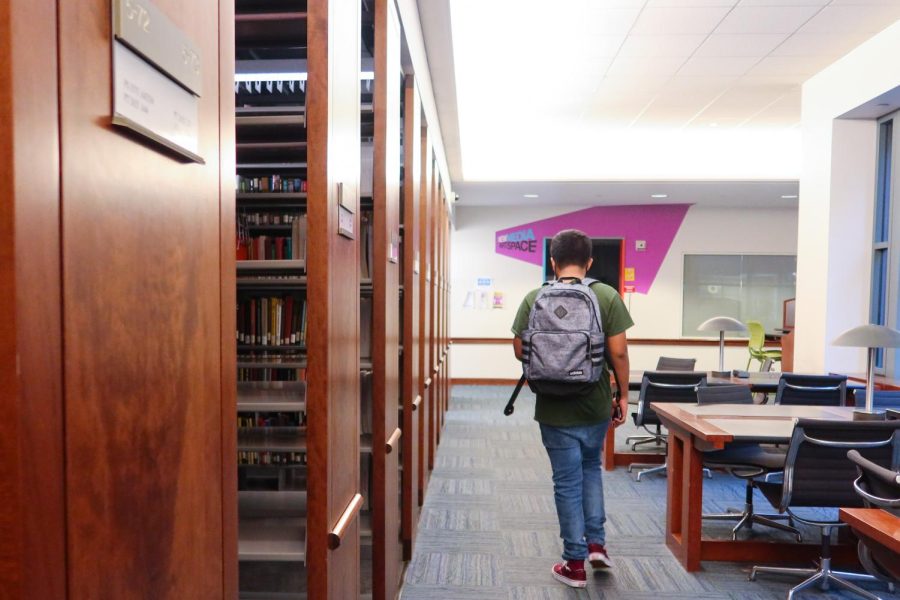CUNY ends traditional remedial courses
February 13, 2023
CUNY announced in January that the public university system will end remedial math and English courses at any of its campuses in favor of “fair” corequisites courses.
In a CUNY press release, CUNY Chancellor Félix Matos Rodríguez called the academic move a healthy approach for CUNY students receiving their education.
“Replacing the outdated remedial approach with a more effective, equitable and evidence-based system is an important advance in our ongoing mission to provide our students with educational opportunity and the support they need to succeed,” Matos Rodríguez said in a statement.
Between 2015 and 2016, CUNY created the Developmental Education Task Force. It made multiple recommendations including replacing remedial courses with corequisite course models that aimed at allowing students to enroll directly into first-year level math and English courses while receiving added academic support via tutoring.
In 2016, CUNY conducted an internal review on students who enrolled in remedial math and found that they were half as likely to earn their associate degree within three years.
The corequisite provides students with a more effective use of time and financial aid with students being able to take English and math courses that count towards their respective degree requirements.
When CUNY created its open admissions policy during the 1970s, remedial classes became a key educational tool to ensure students who entered college with gaps in their education could handle the challenges that came with CUNY’s four-year programs.
For over 50 years, CUNY community colleges would assess students’ math and English skills when they enrolled and assigned students who did not meet CUNY’s cutoff to remedial courses. Remedial courses did not offer credit to students but served as prerequisites to regular courses.
CUNY, along with other colleges, have been researching a different approach to their education system. According to research founded by the Community College Research Center at Columbia University, 28 percent of community college students who take a developmental education course earned a degree within an eight-year period.
CUNY noted that while it is too soon to gauge the full impact of corequisites, adapting its corequisites to curriculums has shown early signs of success.
CUNY encourages students to enroll in CUNY Start/Math Start, a supplemental program that provides students with trained teachers who specialize in Math and English before heading into their degree programs.
The chancellor said that the shift to corequisites is a step toward achieving his vision of change.
“I am also proud that these systemic CUNY changes and reforms were spearheaded by our academic leadership and faculty, and they exemplify our steadfast commitment to transforming the CUNY system to meet the current needs of New Yorkers,” Matos Rodriguez said. “The elimination of traditional remedial courses on all campuses is an important milestone on this journey.”
Hello, this sentence can be interpreted in two ways: 1) Rodriguez critics CUNY’s new approach, 2) Rodriguez critics the past system and praises the newer. The next paragraph implies that Rodriguez agrees with the latter. However, if I never read the following paragraph, as a reader, I would of thought that Rodriguez is supporting the first statement. Is this change in my behalf ok?









